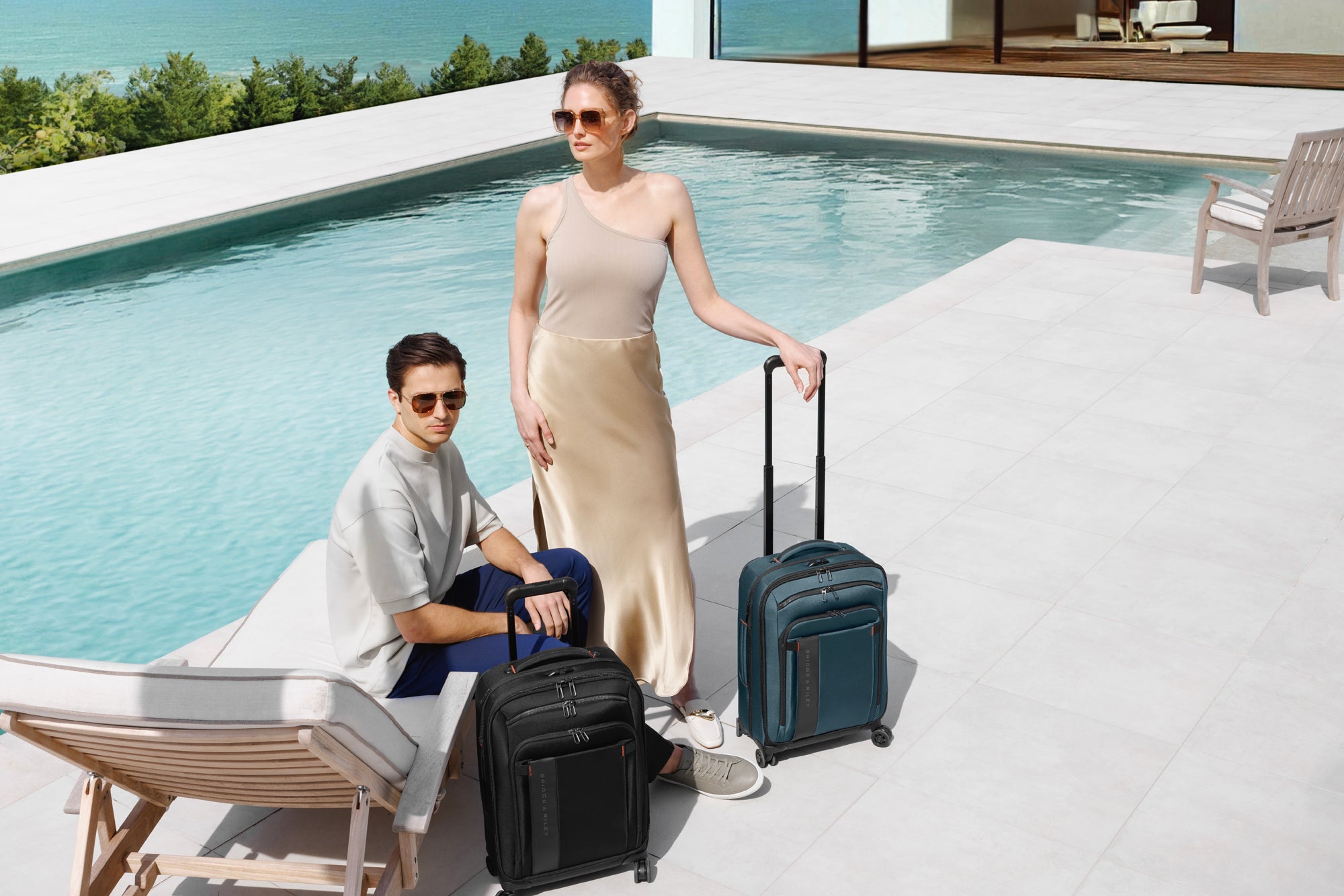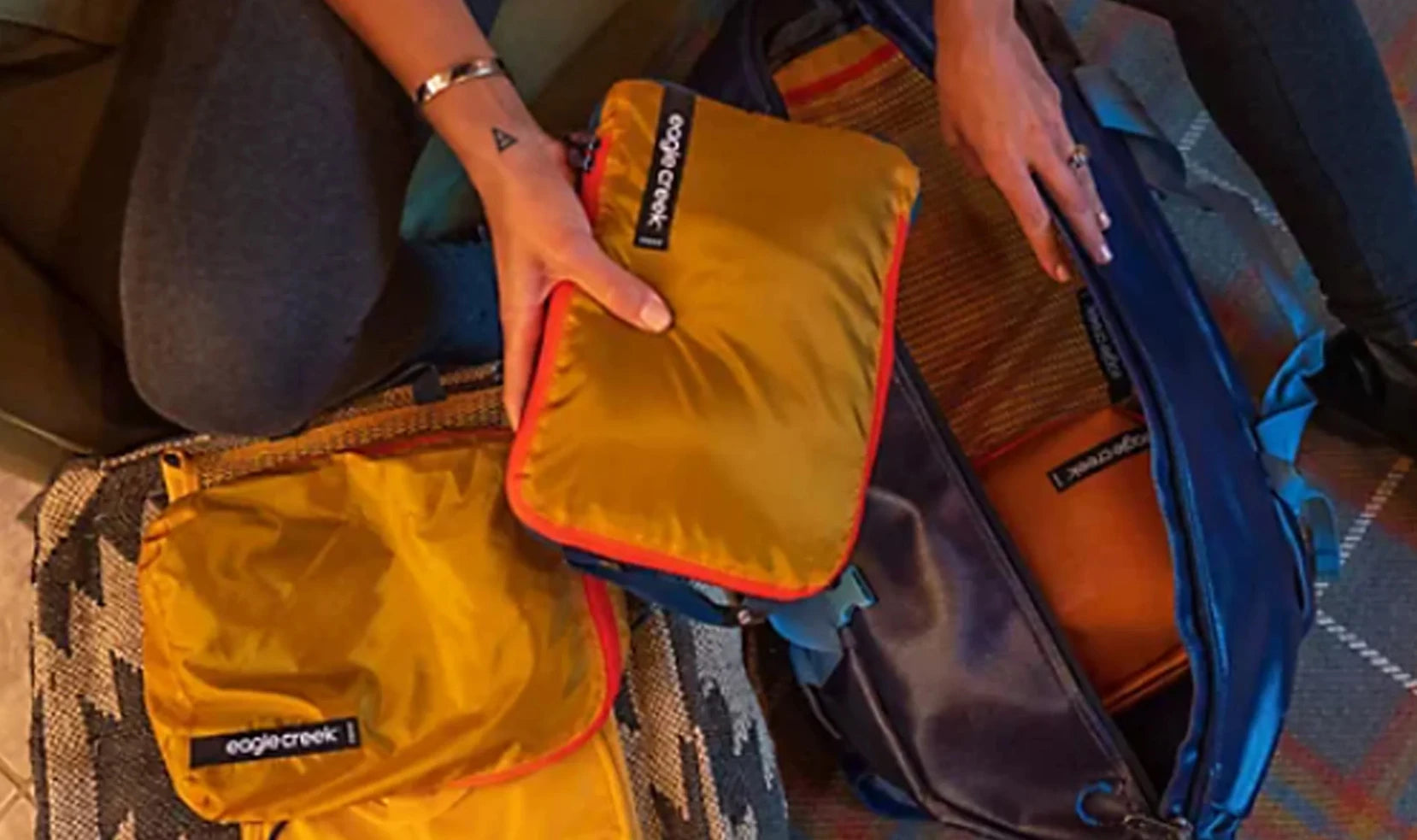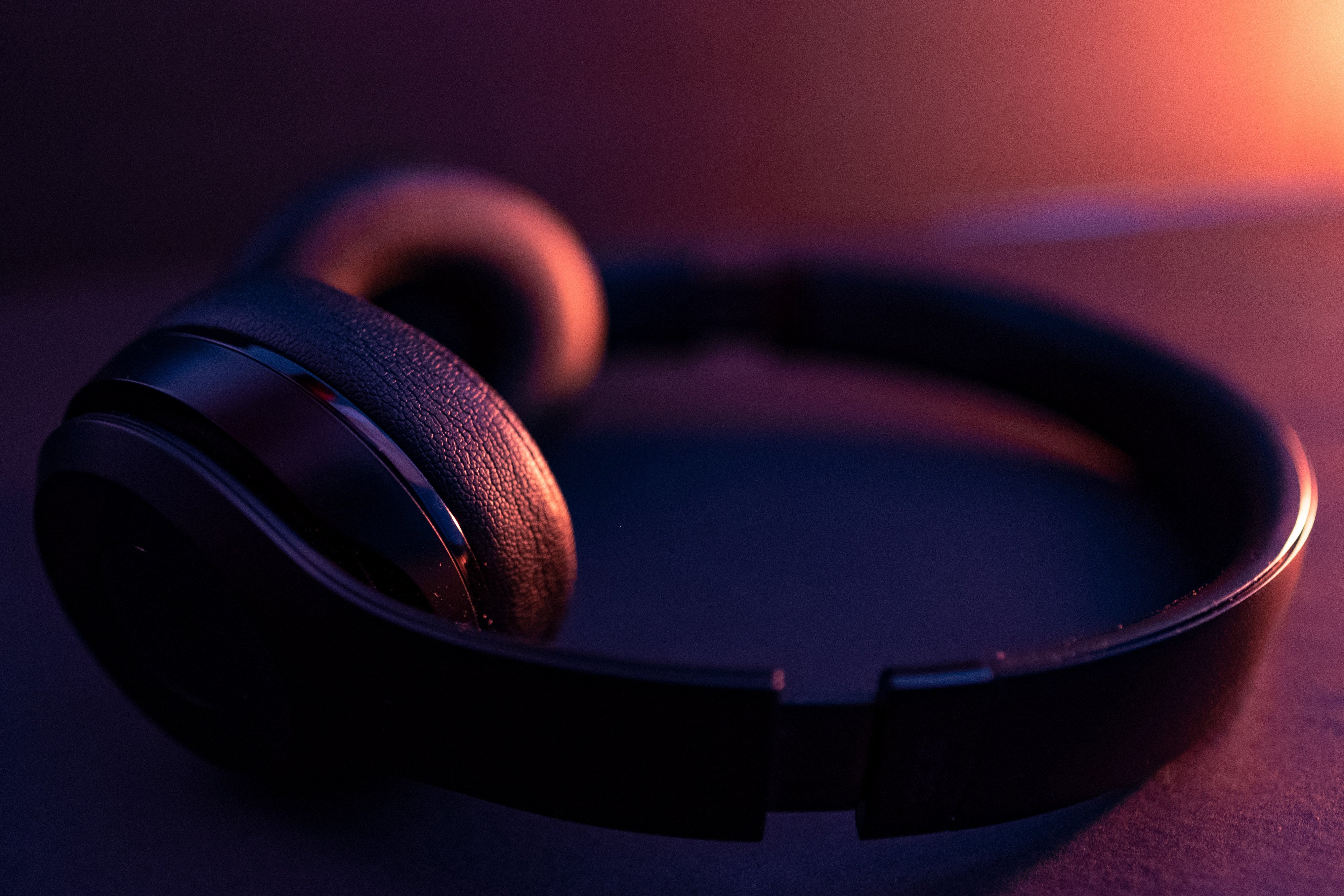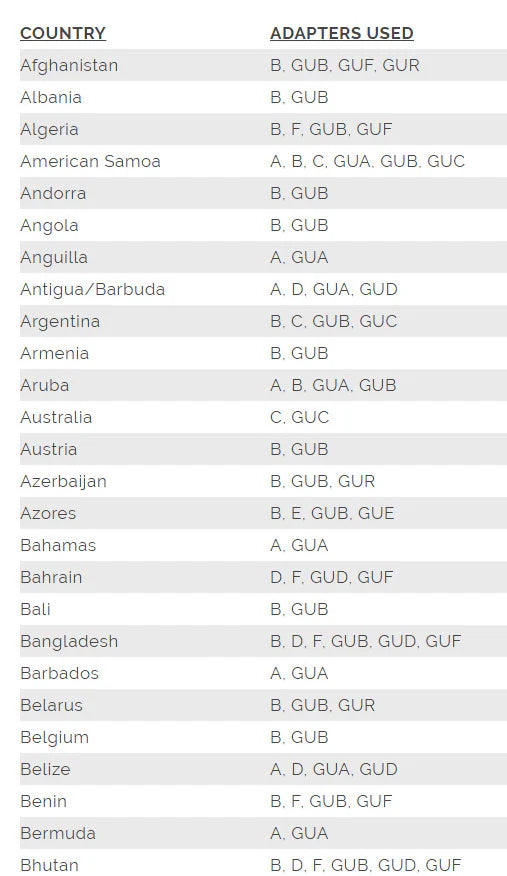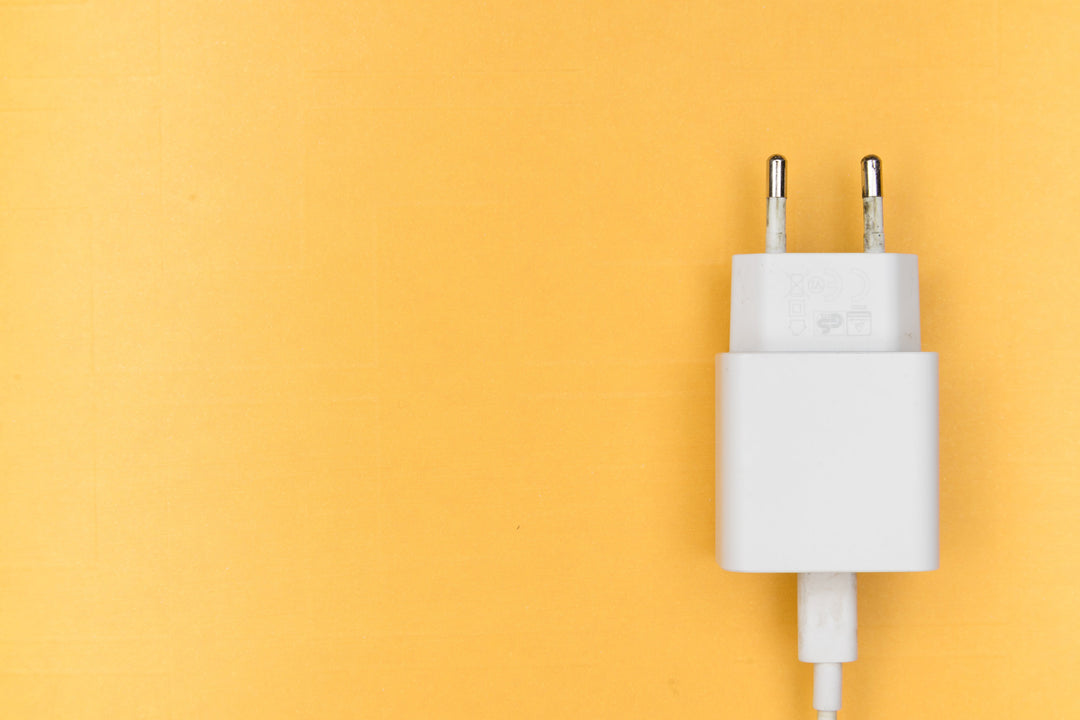Difference Between Adapters and Converters

If you’re planning a trip abroad, you might be asking yourself:
“Do I need an adapter, a converter, or both?”
The short answer:
✅ Most travelers will need an adapter
⚠️ You only need a converter if your device is NOT dual voltage
Let’s break it down:
What Is an Adapter?
A travel adapter allows your U.S. plug to physically fit into a foreign wall outlet.
For example, U.S. plugs have two flat pins, while plugs in the UK, France, or Japan use different shapes. An adapter does not change the voltage—it simply adapts the plug shape.
If you're charging your:
- iPhone or smartphone
- iPad or tablet
- Laptop
- Kindle or e-reader
…you'll need an adapter plug that matches the outlet type in your destination country.
🛫 Good to Know: Most electronics these days (like phones, tablets, and laptops) are dual voltage, so an adapter is all you need for charging.
⚡ What Is a Converter?
A converter changes the electrical voltage, not just the shape of the plug.
The U.S. runs on 110–120 volts, but many countries—such as France, Italy, or India—use 220–240 volts. If you plug a non-dual voltage appliance (like some hair dryers or curling irons) into a higher-voltage outlet without a converter, it could damage the device or blow a fuse.
🧳 You need a converter only if:
- Your appliance is not dual voltage
- You're using items like a hair dryer, electric shaver, or curling wand designed for U.S. voltage only
- To check: Look at the fine print on your device.
- If it says "100–240V", it’s dual voltage.
- If it only says "110V" or "120V", you’ll need a converter (or better yet, a travel version of the appliance).
Smart Packing Tip: Skip the Converter When You Can
Instead of packing a bulky, heavy converter, opt for dual voltage travel appliances when possible. For example, we recommend the Conair 1600-Watt Dual Voltage Travel Blow Dryer—compact, foldable, and built for international use.
✅ In Summary:
- ✔️ Bring an adapter for your plugs—this is a must for nearly all international travel
- ❓ Bring a converter only if your devices are not dual voltage
- 🔍 Check each device's voltage rating before your trip
- ✈️ Avoid converters when you can by using travel-friendly dual voltage appliances
🌍 Need Help Finding the Right Adapter?
Use our Adapter & Converter Finder Tool to quickly find what you need based on your destination.
Or check out our Adapters by Country chart for a quick reference.
🛍️ Visit us at:
Going In Style Travel Accessories
📍 609 Stanford Shopping Center, Palo Alto, CA 94304
📞 In the heart of the Bay Area, between San Francisco & San Jose
🌐 www.stanfordtravelstore.com
We carry adapters for every country in the world—including the UK, Australia, Japan, France, Tanzania, and more!

Don't forget, if you are traveling to a foreign country, you will most likely need to bring along an adapter. However, you only need a converter if your appliances are not dual voltage and not compatible with the electricity in your destination country. You can avoid packing a converter by making sure all your appliances are dual voltage before you leave for your trip.
See chart of Adapters and Converters listed by country.






